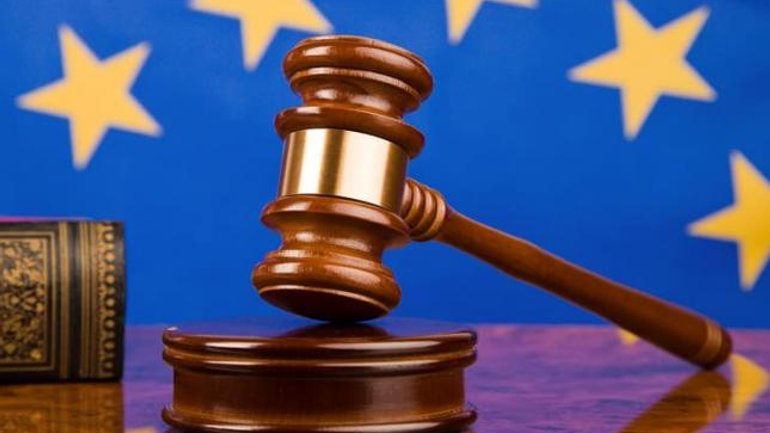The European Court of Human Rights has started considering the case of eviction of the Crimean Diocese of the OCU from the church in Simferopol

This was reported on November 11 by The Voice of Crimea.
This complaint raises the most pressing issues that threaten the complete destruction of the community," lawyer Serhiy Zayats, who represents the interests of the Crimean Diocese of the OCU, said on his Facebook page.
He also said that the Russian authorities must file their objections with the court by January 5, 2021. After that, the opportunity to comment on the case will be given to the diocesan administration acting as the applicant. The court also invited the government of Ukraine to join this case.
"We have officially received a very important message from the European Court of Human Rights (hereinafter referred to as the ECHR). Since 2016, the Department of the Crimean Diocese of the Ukrainian Orthodox Church of the OCU has informed the ECHR about all offenses that occurred in Crimea concerning believers of the Ukrainian Church and violations of the right to religious freedom and religion. This includes the seizure of churches in the village of Perevalne and the city of Sevastopol in 2014. The capture of the first floor of the Diocesan Administration in 2017. And lawsuits of the Ministry of Property and land Relations of Crimea against the Cathedral of the Holy Princes Volodymyr and Olga in the city of Simferopol. This is also an illegal transfer of a land plot by the administration of the city of Simferopol, which was allocated by the administration of the Crimean Diocese for a Cathedral, to the community of the Roman Catholic Church in the city of Simferopol. There were many other violations that complicate or obstruct the activities of the Ukrainian Orthodox Church of the OCU in Crimea," Metropolitan Klyment of Simferopol and Crimean OCU commented on the message of the ECHR to The Voice of Crimea news agency.
In his comment, Metropolitan Klyment also appeals to the Ukrainian authorities: "the ECHR invites Ukraine to enter the case as a third party. Therefore, I officially appeal to the Government of Ukraine. Believers of the Ukrainian Orthodox Church OCU have been fighting for six years, without any support from the Ukrainian authorities, to preserve the Ukrainian Church in Crimea. This is the first case of the ECHR that raises several issues related to the violation of the right to religious freedom. Therefore, in compliance with the request of the ECHR to the Government of Ukraine regarding the possibility of entering into this case as a third party and representing the interests of the Crimean Diocese of the UOC-OCU, I ask the Government of Ukraine to prepare all the necessary documents to represent the interests of the faithful of the Crimean Diocese of the UOC-OCU to the ECHR. We will regard the refusal as a betrayal," the Metropolitan said.
Recall that the systematic destruction of the Ukrainian Orthodox Church of the Kyiv Patriarchate (today the Orthodox Church of Ukraine) in Crimea began immediately after the illegal annexation of the peninsula by the Russian Federation. The church and its head, Archbishop Klyment, publicly condemned the Russian aggression in Crimea, participated in the defense of Ukrainian military units during the occupation and became the only center of ukrainism that has survived after 2014. For almost six years of occupation of Crimea, there was intimidation of priests and conversations with them about "cooperation" with the Russian special services, numerous courts and legal pressure, physical obstruction and seizure of churches with the theft of church property. Human rights activists and religious scholars are convinced that the Kremlin violates fundamental religious human rights and existing international documents protecting them in the occupied Crimea.
In 2014, the administration of the Crimean Diocese of the UOC-KP fundamentally refused to re-register in Crimea under Russian law-a country that illegally annexed the Crimean Peninsula. In fact, this refusal became a reason for the persecution of clergymen and believers of the UOC-KP and the seizure of property of churches that operated and still operate in the temporarily occupied territory per the current legislation of Ukraine.
The result of pressure on the religious community during the years of temporary occupation of the territory of Crimea was a sharp decrease in parishes and priests of the UOC-KP. Before the occupation, there were 49 religious communities (parishes, missions, fraternities, monasteries) on the Crimean peninsula, while seven remain. And out of 23 clergymen on the peninsula, only 4 continue their work.









